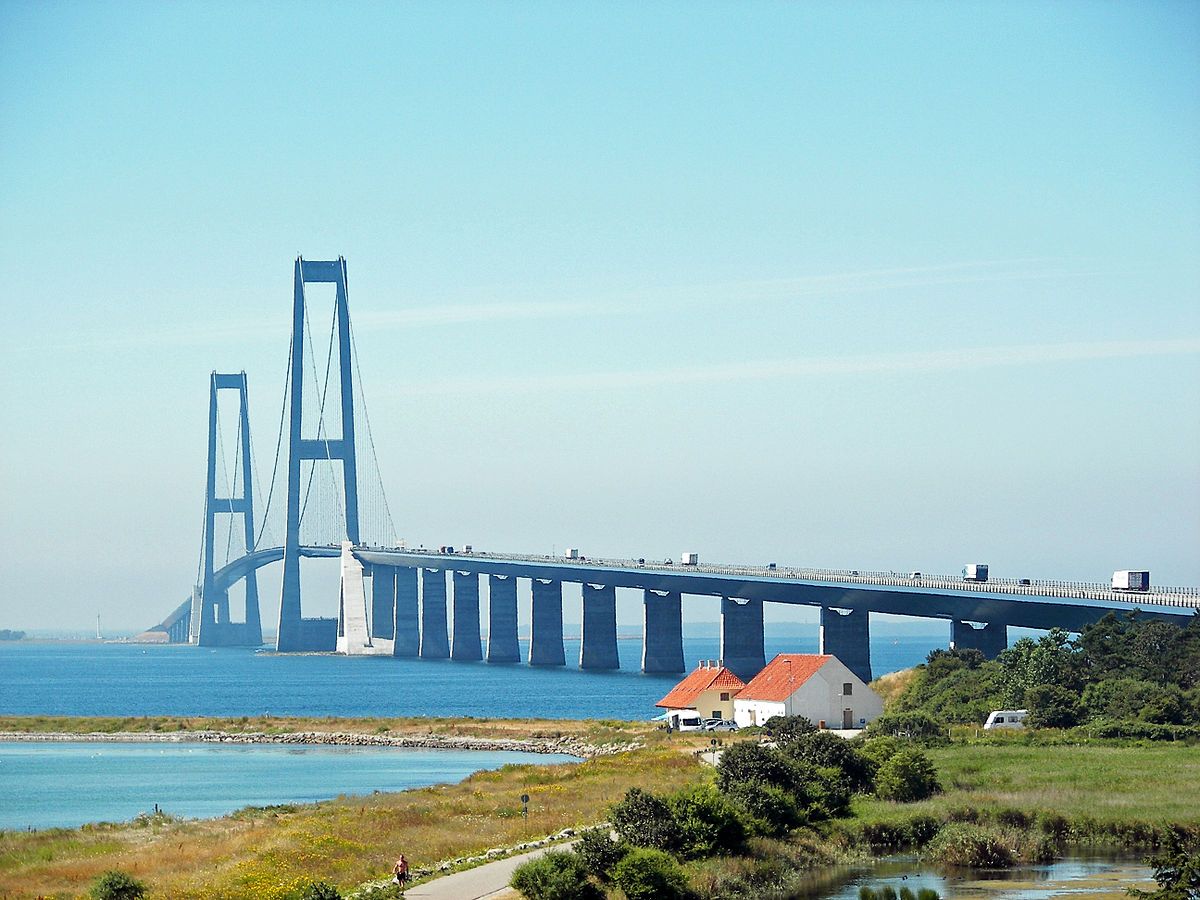Denmark owes its ranking as one of the worldÂ’s least corrupt countries to cultural influences, according to a Transparency International Denmark report released last week. The group is now calling for better legislation to prevent corruption when societal norms fail.
“The legislation in this area appears insufficient and leaves open the possibility to avoid disclosure requirements,” the report states.
Taking part in a debate about the report on Thursday at Copenhagen’s Café PH, the development minister, Christian Friis Bach (Radikale), argued that political transparency was a key element of democracy.
“Openness is an incredible force to change society and to make sure the population can influence and control us, as well as engage themselves and inspire us. This is valid for Denmark but also to a great extent in the rest of the world,” he said.
Among the reportÂ’s two main proposals were that lawmakers be required to make public their financial and professional obligations, and that parliament toughen laws governing donations to political parties.
The report suggests that the current system for registering donors lacks transparency, since only contributions above than 20,000 kroner are registered, and because the amount in excess of the limit isnÂ’t recorded.
Other lawmakers from the centre-left, including Socialdemokraterne and Enhedslisten, present on Thursday agreed that the present system could be improved and that more emphasis could be placed on enforcement.
“When the rules fail, custom takes over. But if this culture disappears and we don’t have any rules to guide us, then we have a problem,” Radikale justice spokesperson Jeppe Mikkelsen said.
While the reportÂ’s overall conclusion also received the support of the centre-right, Karsten Lauritzen, the Venstre justice spokesperson, disagreed about the need to change the present system.
Lauritzen argued that until actual problem arose, there was no need to change the existing rules. Paying too much attention to a non-existent problem only gave the impression there was a problem, he said.
“Today we have a lot of trust in each other in Danish society and in general there is great trust in political decision-makers. If you try to transfer this trust to some forms and legislation you risk ruining it.”















